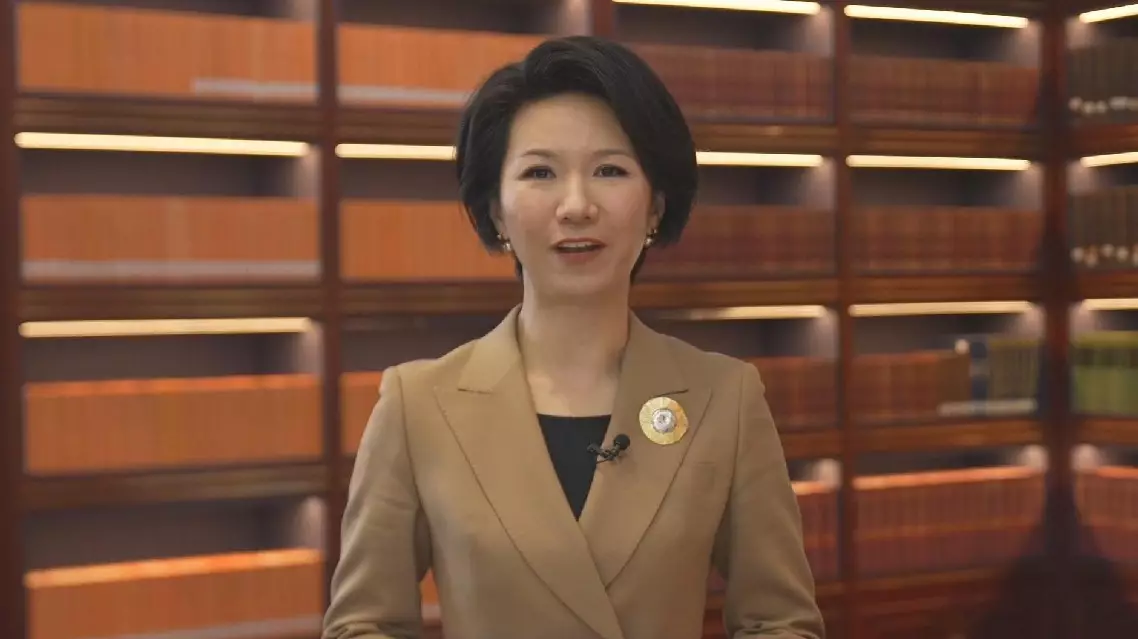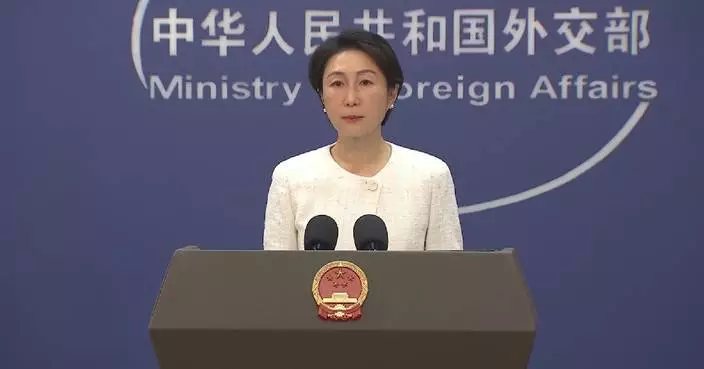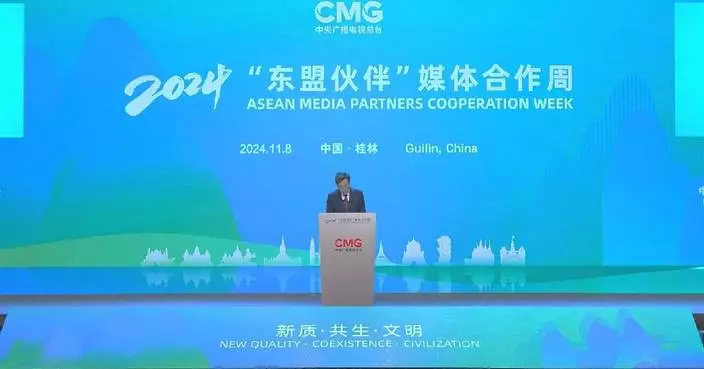Targeting China may win cheers, even votes for U.S. presidential candidates, but it will not solve America's fundamental problems as China is not the source of the country's problems, said a China Global Television Network (CGTN) commentator on Donald Trump's reelection as U.S. president.
In a video commentary titled "Trump 2.0: A new start, but let's leave the old habits behind", CGTN anchor Liu Xin shared her opinions about Donald Trump's sweeping victory in the 2024 U.S. presidential race and its implications for China-U.S. relations.
The full text of Liu's commentary is as follows:
America has voted for change. Donald Trump's sweeping victory reflects the mood of the majority of U.S. voters. They made their feelings clear at polling stations up and down the country, hoping a second Trump presidency is the answer.
What are their biggest frustrations? The Associate Press' (AP) VoteCast, an expansive survey of over 110,000 voters nationwide found that four out of ten voters considered the economy and jobs to be the most important issues, with high prices particularly standing out. Other issues include immigration, abortion, and concerns for democracy.
For the upcoming administration, the top priority should be tackling the root causes of these issues. Instead of beating up China, working with the world's second largest economy may not be such a bad idea.
During the past eight years, successive administrations have targeted China this way and that, no need to go into the specifics here, but have they done anything to solve America's domestic woes? Have they brought back manufacturing jobs, lowered the cost of living, or bridged America's divide? No. Quite the opposite.
Measures taken during the first Trump presidency and kept in place during the Biden administration, raised the average (living) costs of the U.S. household by over 400 dollars a year. Inflation spiraled out of control. It's hard to imagine prices dropping if the same approach is taken again. Insanity, we know, is doing the same thing over and over again and expecting different results.
Another example highlighting this flawed approach is the effort to suppress China's technological development. It has actually hardened our resolve to rely more on ourselves and innovate. According to a Bloomberg analysis, six years on, China has become a global leader in five key technologies, including lithium batteries, solar panels and electric vehicles.
The lessons are quite clear: Targeting China may win cheers, even votes, but it will not solve anything because China is not the source of America's problems. And policies aimed at containing China only end up isolating the U.S., hurting its businesses and consumers.
This partly explains why Chinese people are less apprehensive about the upcoming change in the White House than we were eight years ago. China has congratulated Trump over his win and reiterated that its U.S. policy will be consistent in seeking mutual respect, peaceful co-existence and win-win cooperation.
Change is not scary. Traditional Chinese wisdom teaches us that in change, we can find opportunities.
There is an opportunity here to stabilize the world's most important bilateral relationship: For the benefit of our two people's and the billions around the world. China is ready to do its part. The question is: Is America?

Targeting China may win cheers, but will not solve America's fundamental issues: CGTN commentary









